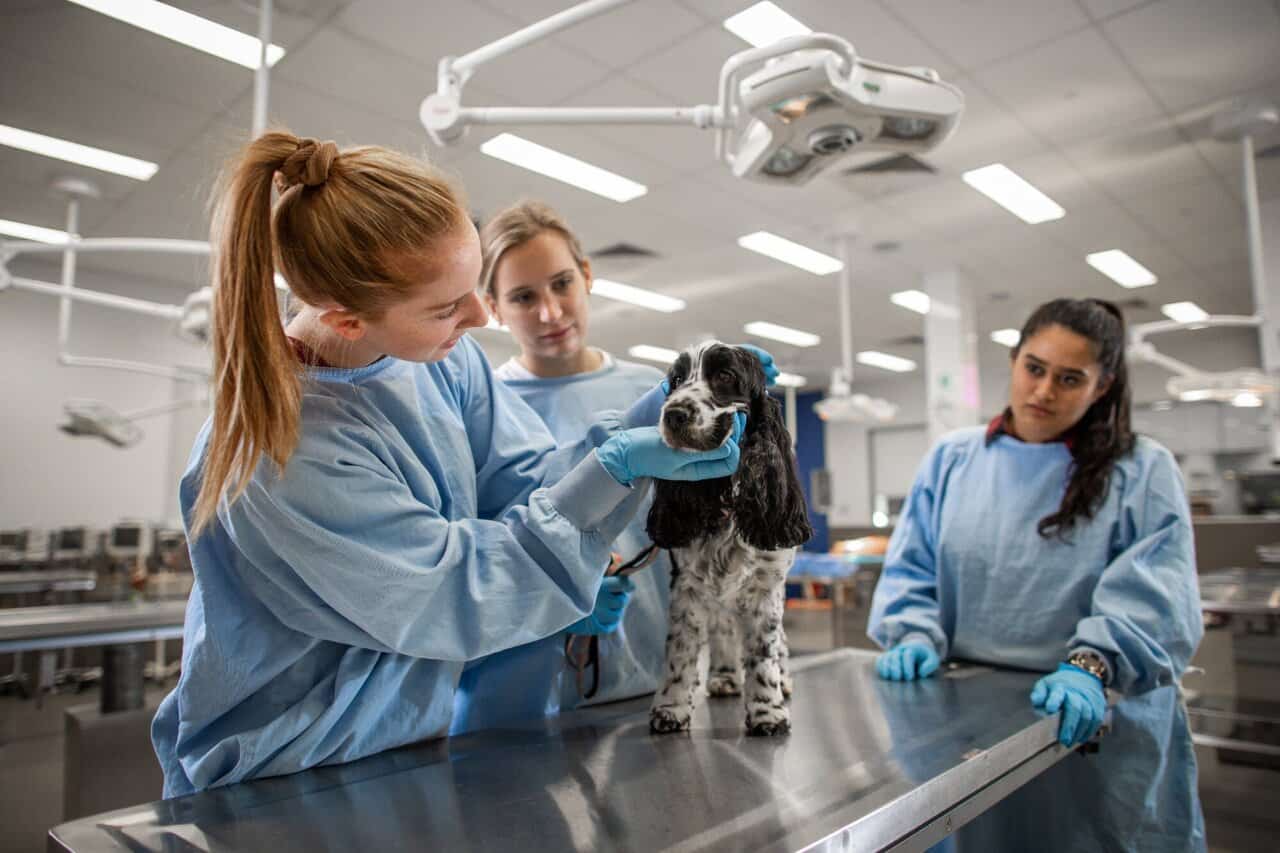Do Veterinarians Have a Duty of Care?

For many pet owners, adopting a pet is not a simple or mundane occasion. Rather, it is an exciting event in which they welcome a new family member into their home. Whether your pet is young or in their senior years, entrusting their care to a veterinarian is a big decision. You want to ensure that your pet’s veterinarian will treat them with utmost care and compassion.
Understanding a vet’s responsibilities is crucial. It can help you determine if a veterinarian can be trusted with your pet’s medical needs. You will be able to recognize if harm to your pet is the result of malpractice or neglect. Sometimes, even a good vet can make a mistake, but how much responsibility do they have for the care and well-being of your pet?
Veterinarians do hold a level of duty of care. It is important for pet owners to understand the scope of that duty of care and when a vet is responsible for malpractice. This includes the resulting potential damages to you and your pet.
What Is a Duty of Care?
Just as medical practitioners swear a Hippocratic Oath, veterinarians take a similar oath to do no harm. However, unlike in the medical field, the veterinarian’s oath does not establish a legal duty of care.
Your vet is considered by most courts to be responsible for the care of your animal once the veterinarian agrees to provide a healthcare service. By agreeing to provide their service, they are also agreeing to ownership over the legal duty of reasonable care. In an ideal world, you should be able to have faith in the vet’s professional abilities and trust that they will benevolently care for your animal.
Being responsible for the care of a pet generally means caring for the pet to the best of their ability, and using professional but reasonable skills when providing those services. Reasonable is a keyword, as sometimes your pet has a medical issue or condition with a grim prognosis.
However, veterinarians are also responsible for providing clear and transparent information to the pet’s owner. This may include if the vet intends to change or stop treatment of an animal’s medical condition. A vet is also responsible for explaining their education, skills, experience, and limitations. This allows the pet owner to make an informed decision regarding the health and safety of their pet. A veterinarian may not feel they have the expertise to care for your specific pet or your pet’s unique condition. In this situation, the vet should not only inform you of their concerns, but also provide you with referrals if your pet requires specialized care.
How to Assess Duty of Care
A veterinarian is not under a legal duty to treat an animal, and refusing to treat an animal doesn’t make them guilty of malpractice. However, once they agree to a service or procedure, they agree to a level of responsibility and duty of care for your animal’s wellbeing to the best of their professional ability. If you’ve been informed about the procedures, have had opportunities to ask questions, understand the risks, and your vet has provided those procedures to the best of their or any vet’s best ability, then the duty of care has been upheld.
Professional Malpractice
Failure to meet the duty of care means a veterinarian can be held liable for malpractice. Professional malpractice in the case of a vet happens when a veterinarian fails to meet duty of care when providing healthcare services for your pet. Only professionals can be held responsible for malpractice, as it holds the veterinarian to a standard of skill and care held by other professionals in their field. In Colorado, veterinary licenses are gained by completing veterinary schooling. After attending school, the veterinarian must be board-approved through examination. Occasionally, the standard of care and related guidelines may be reassessed within the entire field.
Veterinarian malpractice can happen when a vet causes a preventable injury or performs a healthcare service without the owner’s consent. When holding a veterinarian liable for damages caused to you through your pet’s harm, you have to keep in mind that harm to your pet is not always the vet’s fault. There are oftentimes unforeseen consequences to procedures and to health problems, and your vet may have truly acted to the best of their professional ability. Malpractice could, however, be the failure to inform you about the risks regarding a procedure or service, or the failure to refer you to an appropriate provider or specialist. It is important that you always obtain copies of vet records after procedures or treatments are completed. This provides you with a personal record for everything from special procedures to routine examinations.
Proximate cause and damage liability
While you may feel that your pet is family, pets are considered property under the law. For this reason, you must prove that damages were caused to you. Usually, this takes the form of monetary loss. Veterinarian malpractice claims that are successful usually cover the value of the pet and the economic loss caused by the vet care.
There are a few steps in proving veterinarian malpractice. You must prove that your vet accepted a duty of care for your animal by agreeing to treat your animal and provide services. Then, you have to prove that the veterinarian’s actions didn’t meet the standards of professional care and conduct that can be reasonably expected from the veteran field. You must also prove that this failure caused the pet harm, therefore proving proximate harm. Finally, you have to prove that this harm caused damages to you, the owner, and not just your pet.
Failure of Duty of Care
If you think a veterinarian is guilty of malpractice or failure of duty of care, consider contacting an expert in the field of animal law. At The Animal Law Firm, we believe in animal welfare. We represent a variety of cases, and we take great pride in seeking justice for those who cannot speak for themselves. Our highly qualified animal lawyers can look at the damages caused to you and the harm caused to your pet and determine if you’ve suffered from veterinarian malpractice, and what steps you should take to move forward. Contact us today for more information and to schedule a consultation.





